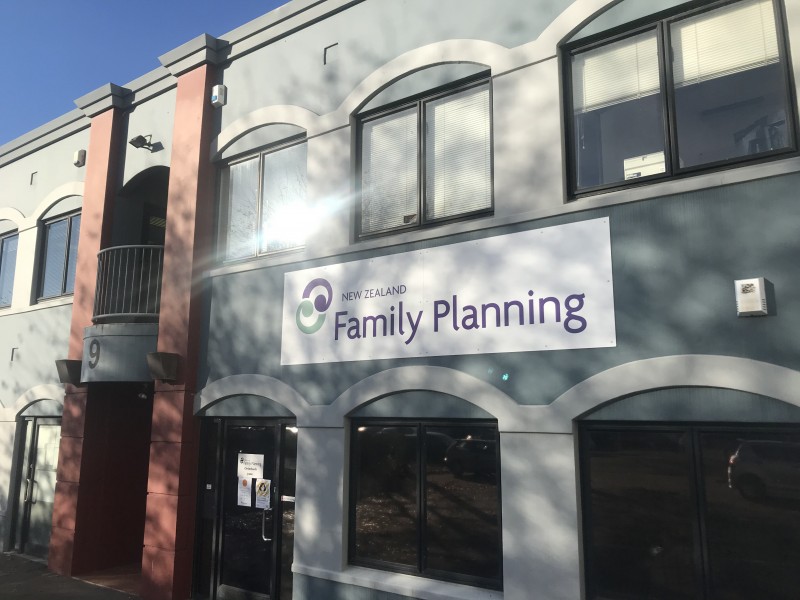In April referrals and information about abortion services become available.
On July 1st follow-up care and abortion related counselling will be accessible.
The last phase is set to be launched in November which means clinical consultations for an early medial abortion can be done over the phone and medicines couriered.
Earlier this year, Government lifted some of the funding restrictions on abortion medication, meaning a wider range of health practitioners can prescribe them.
In a government press release Associate Health Minister Dr Ayesha Verrall said that everyone should be able to access abortion information and care when they need it.
“As part of the telemedicine service, people will be able to immediately talk to a practitioner willing to provide abortion services, removing a key barrier for some people.”
The service will be free and all patients will be part of an active follow up process via the free, dedicated number 0800 DECIDE.
Gender Justice Collective founder Angela Meyer says that women's health has been neglected by the government for too long.
Recently Angela was part of the advocacy group that pushed for the government to commit to a women's health strategy as a part of the Pae Ora (Healthy Futures) Bill.
She thinks DECIDE is an important step in the right direction however it's just 1 issue from a big list that's been left unattended to.
In 2020 Gender Justice Collective conducted a policy survey with over 3500 New Zealand woman and non-binary people asking what they want from their elected representatives.
The key issue raised was health care.
“To us it seems there is no overarching strategic thinking about women's health.”
In 2020 alone 14 separate petitions about women's health were submitted to parliament.
Contraception is one of those issues.
Currently if you want a long-acting contraception (LARK) the criteria to get one free is narrow. For most it’s expensive and for some unaffordable.
Wait times can be weeks due to the lack of doctors trained to insert them. Some DHB’s don’t have anyone so on top of wait lists people are having to travel to get them.
Angela says that while individual problems are receiving funding, women's health needs to be addressed more holistically.
The National Women in Medicine conference will be held tomorrow, the first instances where a panel will discuss women's needs to be considered in the government strategy.


